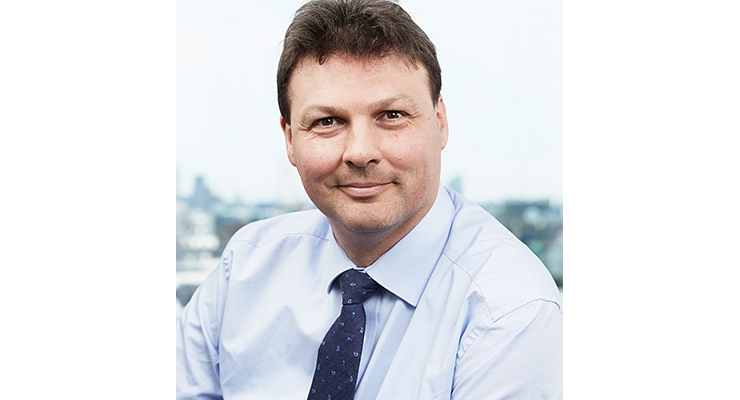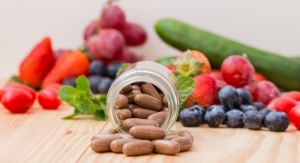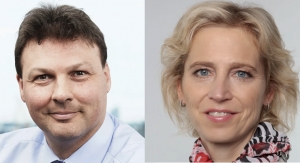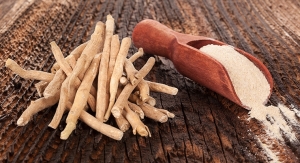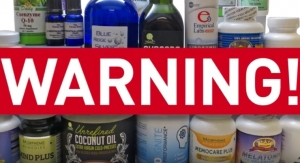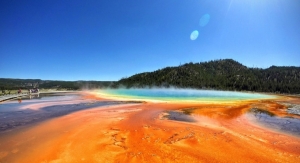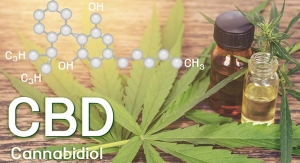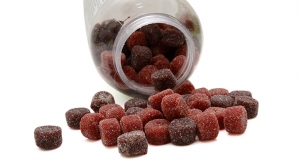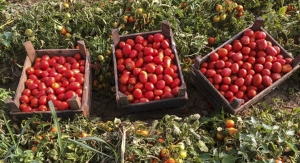02.14.19
Four leading European trade bodies have joined Food Supplements Europe (FSE), reflecting growing recognition of the value of its work on the EU stage.
AFEPADI of Spain, SANI of Switzerland, SFSA of Slovenia, and SISTE of Italy have all become FSE member associations. In addition, they are joined by Swisse Wellness, an Australia-based dietary supplement comopany, which has become an FSE company member.
Patrick Coppens, director of regulatory and scientific affairs, said FSE’s “positive and dynamic mindset” meant it was increasingly seen as an attractive option for any national association or company with a commitment to making a positive contribution to the supplement sector and consumer well-being.
“Our members all believe passionately that the development of appropriate regulation and policy is hugely important,” he said. “By delivering high level analysis and constructive support to government bodies, FSE is able to create the right environment for that to happen. Furthermore, since developments in Europe influence those elsewhere in the world, FSE’s role as a strong and effective association is essential to the supplement sector globally.”
A current priority for FSE is building an understanding of how supplements can benefit public health and be integrated into nutrition policy. In recent years, it has commissioned and published a series of studies exploring the potential for cutting healthcare costs in a number of areas through more widespread consumption of supplements.
“Our aim is to increase understanding of the correlation between supplementation, well-being, and lowering the cost of healthcare provision, which continues to rise across the EU,” said Coppens.
Based in Brussels. FSE’s members include associations and companies, from raw material suppliers to manufacturing and distribution companies across all sales channels. It now has 30 members in total: 14 national associations and 16 companies.
AFEPADI of Spain, SANI of Switzerland, SFSA of Slovenia, and SISTE of Italy have all become FSE member associations. In addition, they are joined by Swisse Wellness, an Australia-based dietary supplement comopany, which has become an FSE company member.
Patrick Coppens, director of regulatory and scientific affairs, said FSE’s “positive and dynamic mindset” meant it was increasingly seen as an attractive option for any national association or company with a commitment to making a positive contribution to the supplement sector and consumer well-being.
“Our members all believe passionately that the development of appropriate regulation and policy is hugely important,” he said. “By delivering high level analysis and constructive support to government bodies, FSE is able to create the right environment for that to happen. Furthermore, since developments in Europe influence those elsewhere in the world, FSE’s role as a strong and effective association is essential to the supplement sector globally.”
A current priority for FSE is building an understanding of how supplements can benefit public health and be integrated into nutrition policy. In recent years, it has commissioned and published a series of studies exploring the potential for cutting healthcare costs in a number of areas through more widespread consumption of supplements.
“Our aim is to increase understanding of the correlation between supplementation, well-being, and lowering the cost of healthcare provision, which continues to rise across the EU,” said Coppens.
Based in Brussels. FSE’s members include associations and companies, from raw material suppliers to manufacturing and distribution companies across all sales channels. It now has 30 members in total: 14 national associations and 16 companies.

